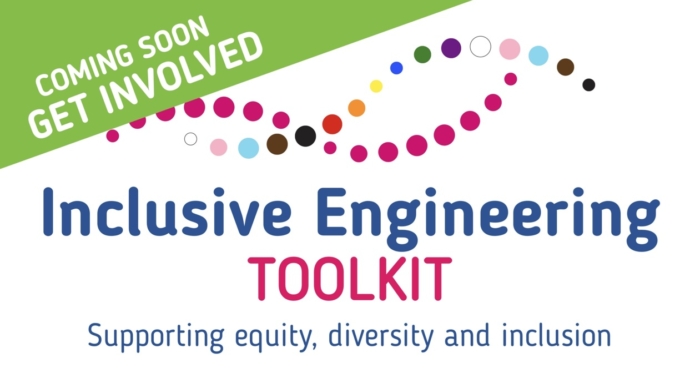Degree Apprenticeships Toolkit
Higher apprenticeships refer to all apprenticeships which include the achievement of academic and vocational qualifications and learning from level 4 up to bachelor’s and master’s degrees at levels 6 and 7 respectively.
All levels can include vocational qualifications and academic qualifications. Degree Apprenticeships are the latest model to be developed as part of higher apprenticeship standards, seeing apprentices achieving a full bachelor’s or master’s degree as a core component of the apprenticeship. Degree apprenticeships combine both higher and vocational education and fully test both the wider occupational competence and academic learning, either:
- using a fully-integrated degree co-designed by employers and HEIs, or
- using a degree plus separate end-test of professional competence.
The figure below (adapted from the Skills Funding Agency fact sheet, June 2015) sets out how higher and degree apprenticeships link together.

Put another way, a Degree Apprenticeship involves an individual being awarded a bachelor’s or master’s degree as part of their Apprenticeship. An Apprenticeship where an individual achieves a foundation degree as part of their Apprenticeship is a Higher Apprenticeship not a Degree Apprenticeship. Degree Apprenticeships are not available at level 8.
Any views, thoughts, and opinions expressed herein are solely that of the author(s) and do not necessarily reflect the views, opinions, policies, or position of the Engineering Professors’ Council or the Toolkit sponsors and supporters.




